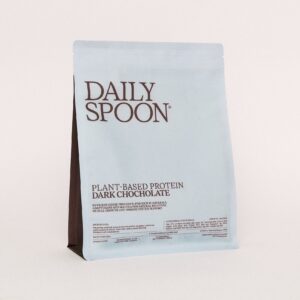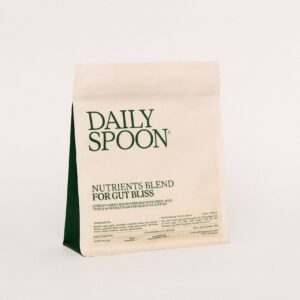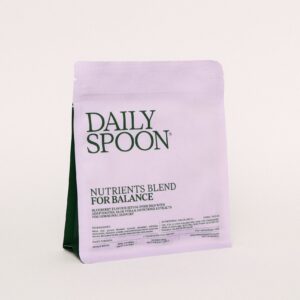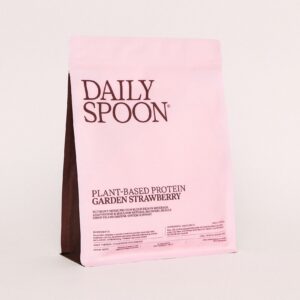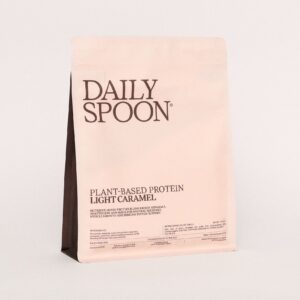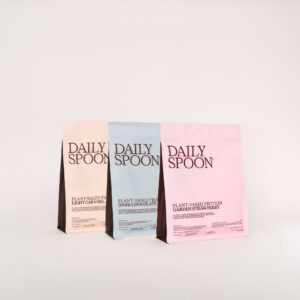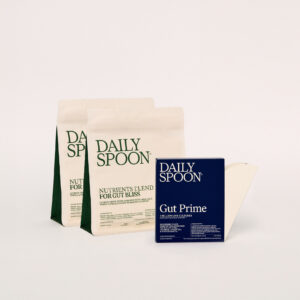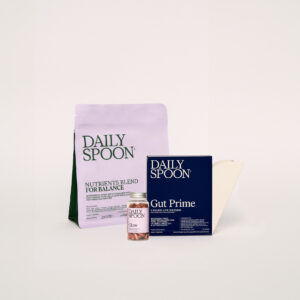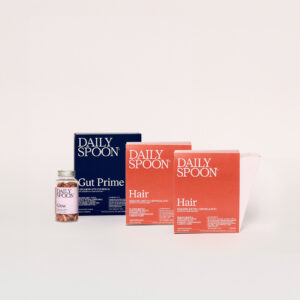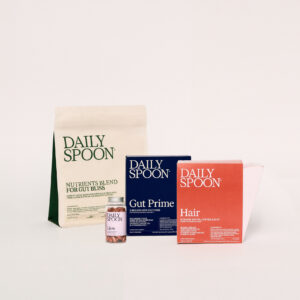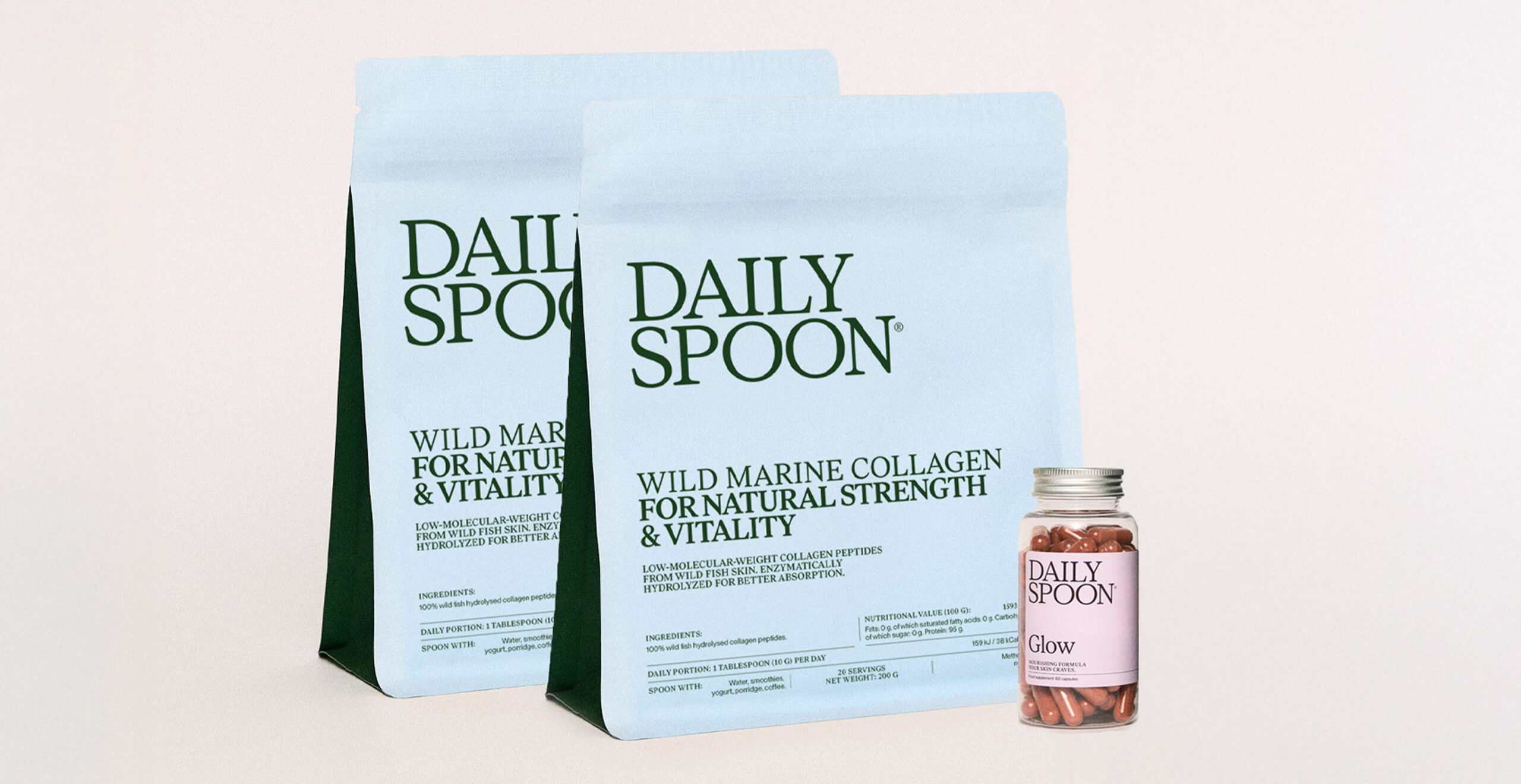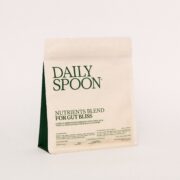The concept of the gut is often understood primarily in anatomical terms. It is commonly seen as part of the digestive system, best known for its roles in digestion, secretion, and absorption.
However, the gut is much more than just the small, large, cecum, colon, and rectum.
It is the center of the body’s health, and the success and efficiency of its functioning directly affect overall well-being, health conditions, skin health, energy levels, and even mood.
The better we take care of our gut, the stronger our body will be. So, how does the gut work, and how can we properly care for it to ensure its proper functioning and maintain a balanced life?

The digestive system is complex, yet extremely important
For many people, gut function is consciously associated only with the digestion process. While this is true, in order for digestion to run smoothly, many processes must occur within the gut system.
If these processes do not take place, digestion will be disrupted. Therefore, it is important to first understand how the gut works, and then, based on these processes, ensure the smooth functioning of each one.
When we talk about the processes of the gut system, the most important ones are:
- Food processing under the action of stomach acid;
- The journey of food to the duodenum, where it mixes with pancreatic enzymes and bile. Here, fats, proteins, and carbohydrates are broken down;
- Food breakdown in the jejunum and ileum, where it begins to be absorbed into the bloodstream;
- Nutrient absorption;
- Peristalsis, or the movement of food through the digestive tract, evenly distributing it;
- The arrival of unabsorbed substances in the large intestine, where water is absorbed and stool is formed (here, the microbiota helps break down food residues and produces certain vitamins, such as vitamin K);
- Formation of stool, once water and nutrients have been absorbed, and its elimination through the rectum.
If any of the mentioned processes are disrupted, it is natural for the person to experience gut pain, cramping, bloating, and other unpleasant symptoms, which may signal the onset of developing diseases or disorders.
The most common gut problems that arise when it is not properly cared for
Disrupted gut function indicates that it needs a lot of care and attention. When this is lacking, the gut “protests,” signaling exacerbated health issues.
Leaky gut
When the foundation is an improper diet based on processed foods, it is often indicated by leaky gut and the associated symptoms.
This is a condition where the lining of the small intestine is damaged, allowing undigested food particles, bacteria, and toxins to enter the bloodstream, which worsens overall well-being.
What’s interesting is that leaky gut often warns us not just through abdominal discomfort or gut pain. The symptoms can be complex and unrelated to the affected area – ranging from increased itching, acne, and active skin rashes to joint pain and chronic fatigue.
Leaky gut is not only caused by poor eating habits but also by excessive sugar consumption. Sugar creates an environment for harmful bacteria to thrive and can trigger fungal infections. Studies have shown that high sugar intake can disrupt the balance of the gut microbiota.
Irritable Bowel Syndrome (IBS)
Among many digestive disorders, one of the most common is Irritable Bowel Syndrome (IBS). This condition is characterized by abdominal pain, bloating, and changes in bowel movements.
The development of this disorder is influenced not only by previous gut diseases but also by stress, antibiotic use, and poor diet. During the condition, spasms occur, so treatment usually involves antispasmodic medications that relax the smooth muscles of the gut.
Once these muscles relax, gut pain is alleviated, and bowel movement frequency normalizes, but there is no guarantee that the disorder will not recur.
For this reason, it is essential to take extra care of the gut, regularly use probiotics, and maintain a proper diet.
Gastroesophageal reflux disease (GERD)
This is one of the most unpleasant diseases that occurs when the gut is not properly cared for. During this condition, the esophageal lining and even other organs are damaged due to stomach contents reflux.
The disorder leads to a burning sensation behind the breastbone, acid reflux, and pain in the upper abdomen.
This disease can be prevented by adopting healthy eating habits, avoiding eating before bedtime, and eliminating harmful habits.

What is the formula for a healthy gut?
Although medications can help manage the gut and digestive system disorders discussed in this article, they are not a 100% guaranteed treatment.
It all starts with taking care of even the most delicate processes within the digestive system.
Creating a healthy gut formula is not difficult, but first, you need to:
- Identify the symptoms;
- Understand what may be contributing to your gut issues;
- Commit to changing your diet and lifestyle habits.
If you have considered the aspects mentioned and suspect why a spasming gut might be disrupting your daily life, and you are ready for changes that could positively affect your gut, then:
- Monitor and adjust your diet as needed;
- Avoid unsuitable products;
- Regularly take probiotics: “Probiotics support the health of the gut microbiota, which in turn can prevent digestive tract disorders or slow their onset.”
Also, drink more herbal teas that support gut health (such as chamomile or wormwood), and drink plenty of water: this will ensure smoother digestion, help eliminate toxins, and improve the condition of the gut lining.

What supplements can contribute to gut health?
An effective preventive measure for improving gut function is the “Gut Prime” blend with good bacteria, which has received numerous positive reviews from users.
- The blueberry-flavored blend, mixed with water, refreshes and allows you to truly enjoy it.
- The mixture, enriched with 2 billion live beneficial bacteria, has helped users manage gut spasms, pain, bloating, and discomfort.
- The special formula is also supplemented with licorice, which supports skin health, aloe vera to reduce gut issues and discomfort, green tea, the plant flavonoid quercetin, and acerola cherry extracts.
These ingredients provide all the highest quality substances to support the smooth functioning of the gut microbiota, and furthermore, the special formula blend does not leave an unpleasant taste in the mouth.
If you too want to nurture your gut health and overall well-being, try “Gut Prime” with beneficial bacteria and feel how a well-functioning gut rewards you.
Sources:

